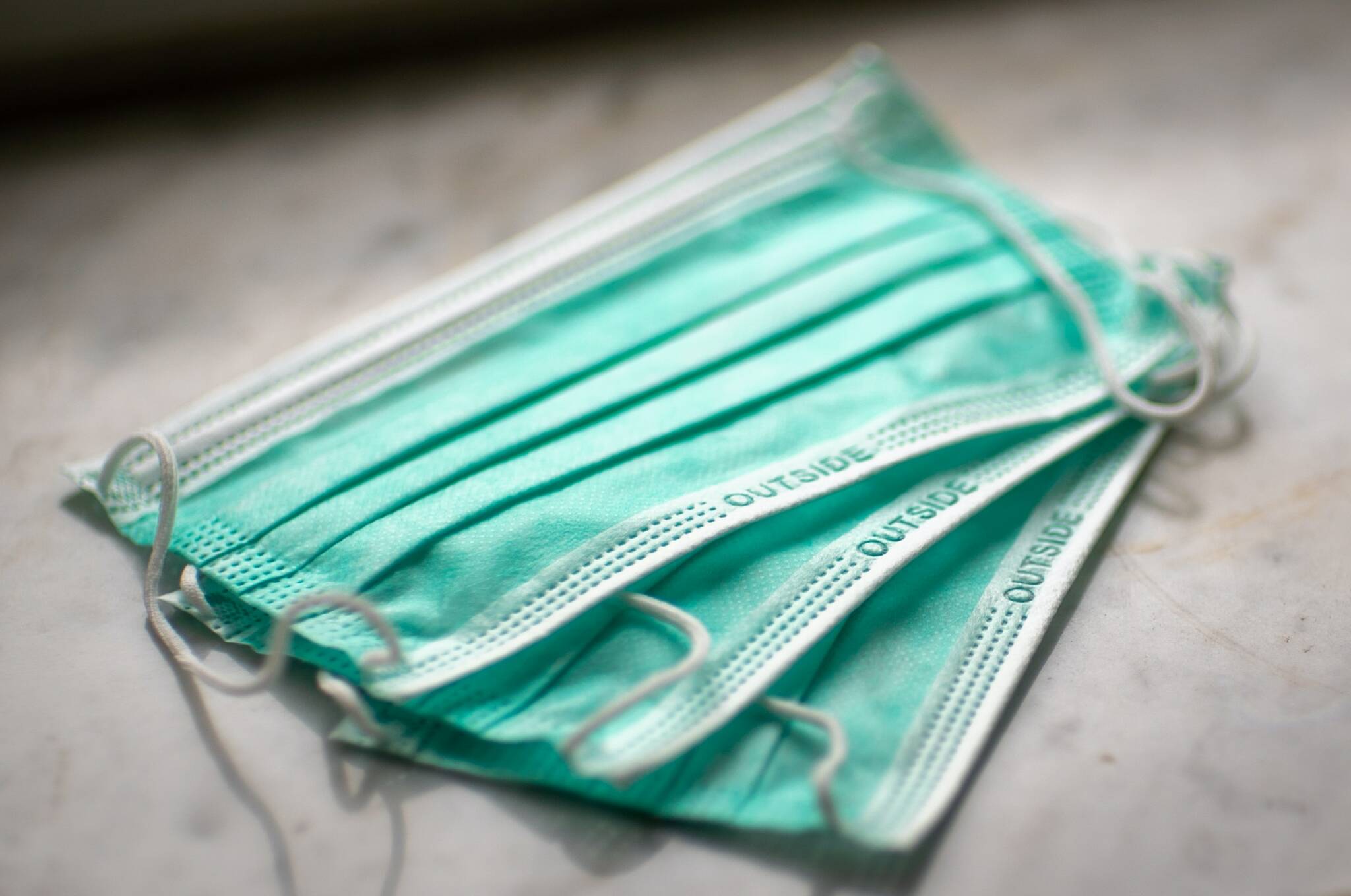By Win Gruening
Alaskans deserve better than the way politics continues to undermine our response to COVID-19. The steady drumbeat of divisive rhetoric prevalent on social media and newspaper opinion pages is getting shrill. The message being sent, mostly by long-time public detractors of Gov. Mike Dunleavy, is that the Governor hasn’t taken rising COVID-19 cases seriously enough.
These critics ignore the fact that Alaska’s death rate from COVID-19 continues to rank among the lowest in the country, and almost all our vulnerable elderly residents are vaccinated. Refusing to acknowledge these facts reinforces the suspicions many Alaskans have about the motives behind government mandates.
When the virus fthat causes COVID-19 first became commonplace in early 2020, Dunleavy took unprecedented measures. In declaring a disaster, he allowed state government to suspend laws and regulations, mandate testing and restrict how we go about our business and daily lives.
The goal of these measures, designed to be short term, was clear and simple: Alaskans needed to buy time for our health care resources to meet this unique health threat, and to “bend the curve” of infections so that our safety net was not overwhelmed. While major disaster declarations have historically been issued statewide for a variety of natural disasters, they have been used only sparingly in a public health context.
Alaskans enjoy very strong individual constitutional rights, with greater personal liberties than provided in the United States Constitution. To curtail Alaskans’ rights, even slightly, risks executive power over-reach and erodes public trust in government.
We’ve all seen how carelessly crafted policies subjected citizens to whipsawing lockdowns and mandates that drove thousands of people into unemployment. Businesses were ruined and a mental health emergency ensued in our school-aged population.
Ironically, in 2020, the most ardent promoters of COVID-19 mandates looked the other way while protests across the country morphed into ugly riots, replete with looting, assaults, and death. Apparently, they believed health and safety threats only exist when traveling, shopping, or attending school or church — not during mass demonstrations.
Thankfully, Alaska’s protests were peaceful, but those demonstrations fueled the contention that some government leaders were more interested in political messaging than public health.
Which brings us to the present. Undeniably, some hospitals statewide are struggling. Rising hospitalizations have caused reduced medical service levels in some communities. However, hospital administrators publicly admit this is due to a combination of factors. Staffing shortages, particularly, have contributed to hospital capacity issues.
The rush to impose vaccine mandates in hospitals may make the problem worse, not solve it. Some health care workers may choose to resign or be fired rather than be forced to be vaccinated.
Furthermore, overly cautious or conflicting pandemic mandates tend to cause confusion. Requiring vaccinated, masked individuals to socially distance, for instance, sends a subtle message that either the vaccine or wearing masks is ineffective.
It appears that the goal of mandate proponents is zero risk, which is neither possible nor expected anywhere else in our society. Tens of thousands of people die in car accidents each year. But no one is proposing that we reduce speed limits or further curtail when and how vehicles can be driven. Society has deemed driving to have acceptable risks. Why shut down our economy for risks that are significantly less (than driving) for most Alaskans?
Yes, Alaska is facing a challenge. But it’s a challenge that must be met with the correct tools – not state or federal mandates and disaster declarations.
If the issue is hospital staffing, then increase recruiting, cut the red tape, and get workers employed faster. If people can receive healthcare at home through telemedicine, let’s change the law to allow it. The governor put proposals in front of lawmakers addressing both of these issues.
In Alaska, the growing use of monoclonal antibody therapy coupled with one of the most accessible vaccination programs in the entire country will also serve to reduce the pressure on hospitalizations.
We can take our current health challenge seriously without resorting to exaggeration or demonizing people. With viable alternatives on the table, there’s no good reason why Dunleavy’s measures haven’t been adopted.
Unless the concern over COVID-19 is more about politics than common sense.
• After retiring as the senior vice president in charge of business banking for Key Bank in Alaska, Win Gruening became a regular Opinion Page columnist for the Juneau Empire. He was born and raised in Juneau and graduated from the U.S. Air Force Academy in 1970. He is involved in various local and statewide organizations and currently serves on the board of the Alaska Policy Forum. Columns, My Turns and Letters to the Editor represent the view of the author, not the view of the Juneau Empire. Have something to say? Here’s how to submit a My Turn or letter. :

